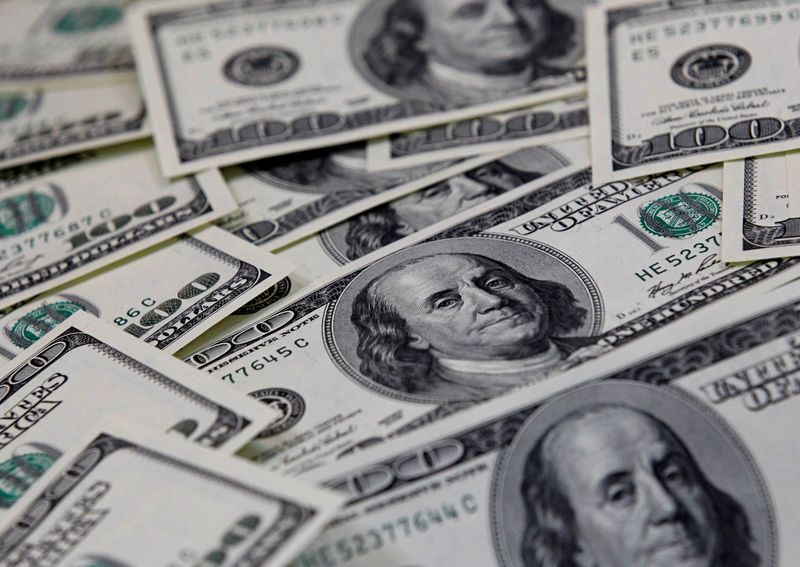The dollar started the week on the back foot, hitting a seven-month low against a basket of major peers in Asian trade, with the yen in particular focus as traders ramped up bets the Bank of Japan will tweak its yield control policy further.
The euro hit a fresh nine-month top of $1.0874 in early trade before retreating to $1.0861, down 0.16% by 0920 GMT, while the Australian dollar breached the key $0.7000 level for the first time since August, before dipping back to $0.6959.
Thanks also to early strength from sterling and the Japanese yen, the dollar index , which tracks the U.S. unit against a basket of currencies, slumped to a seven-month trough of 101.77, extending its selloff from last week after data showed that U.S consumer prices fell for the first time in more than 2-1/2 years in December.
"Every G10 currency gained versus the US dollar last week helped by the US inflation data for December which confirmed a continued easing in inflation pressures that reinforces the prospect of the Fed pausing its tightening cycle, possibly after the March FOMC meeting," said MUFG analysts in a note.
Markets are now pricing in a 91% chance of a 25-basis-point increase when the Fed announces its policy decision in February, with a 9% chance of a 50-bp hike.
The dollar steadied in European trading, regaining ground against the pound which was last down 0.4% at $1.2185










